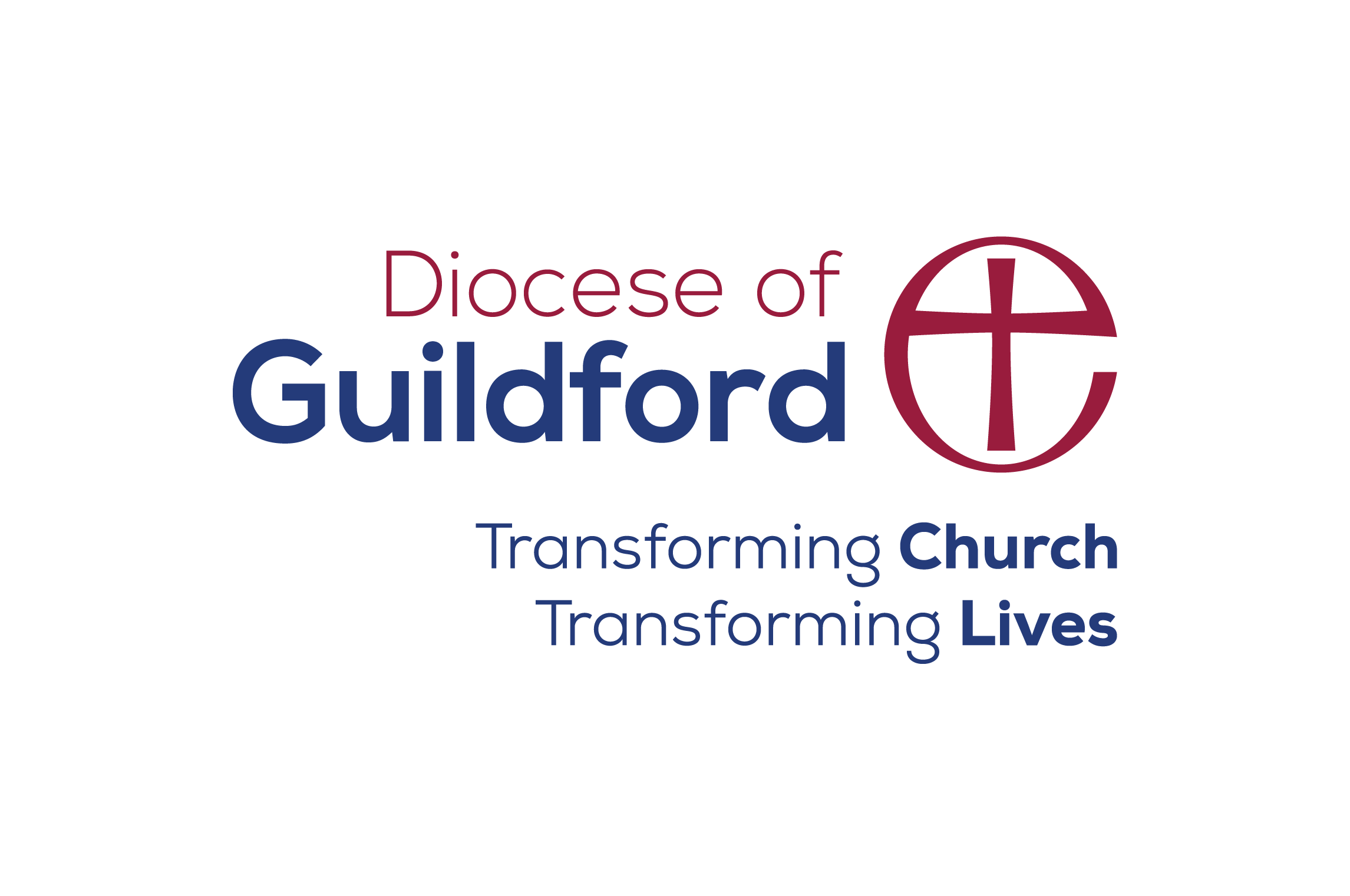Sermon by Mark Leakey 11 July 2021
Psalm 24
Today’s lectionary touches on 3 Kings.
And no, not the 3 kings who came to worship the Christ child; today we are going to look briefly at 3 very different kings.
First – some context.
Having defeated the Philistines in battle, the first king, King David, brought the Ark of the Covenant to Jerusalem.
With shouts and the sound of trumpets King David danced before the Lord with all his might (2 Sam 6) as he led the procession of the Ark
So turning to King David’s Psalm, that we read this morning, and the next King:
Possible that David wrote Ps 24 at the very time of the Ark being brought into the city of David, namely Jerusalem. At least one commentary links the two. It is a psalm of great rejoicing and celebrating; four times King David declares that the LORD is the King, the King of glory, the King of kings, a King far greater himself.
In V 7 and V 9 he urges that the gates are to be lifted up so that the King of glory may come in.
V 8 declares that the LORD is strong and mighty in battle, referring no doubt to David’s victory over the Philistines.
The third king was King Herod Antipas, the subject of our gospel reading, who was son of Herod the Great, who earlier had done his best to have the baby Jesus killed, along with all of the of the young male children in and around Bethlehem. His son, King Herod Antipas, was a vicious and foolish tyrant who had imprisoned John the Baptist who had challenged Herod’s unlawful marriage to Herodias, his sister-in-law. And yet Herod knew deep down that John was a righteous man, who fascinated him; indeed Herod had protected John from Herodias, until the occasion of his birthday; and we read of the death of John and with it the close of John’s ministry.
So – returning to Ps 24 in a little more detail, David starts the Psalm we read by addressing the LORD as the creator of all things and all people.
And yet, the King of Glory, the creator God, who is strong and mighty, invites us into his very presence.
We are invited to come to, and stand in, God’s holy place; we are invited to the hill of the LORD.
This is not referring literally to Mount Sinai, where only Moses could go
This is a spiritual mountain, accessible to all.
But there is a condition, of course.
We cannot access God’s presence, God’s holy place, with sinful hands and impure hearts (V 4); the LORD cannot abide sin.
This implies acts and words, as well as thoughts, that are wrong; if you like the external and the internal things that fall short of God’s standards.
In Ps 15 David writes this, in the same vein:
‘LORD, who may dwell in your sanctuary? Who may live on your holy hill?
He whose walk is blameless and who does what is righteous; who speaks the truth, who has no slander on his tongue, who does his neighbour no wrong ….’ and so on …
Of course we are reminded later on in Ps 51 of David’s cry to God: ‘Blot out my transgression; wash away my iniquity’ he begs. His walk had not been blameless; he had scarcely been doing what was righteous.
He goes on to write: ‘Create in me a pure heart O God …’
In Hebrews 10 we are urged to draw near to God, ‘having our hearts sprinkled to cleanse us from a guilty conscience and having our bodies washed with pure water’. Again, the link between hearts, and words and actions.
So we need to keep short accounts with God; we need deal with the stuff in our lives that we know causes offence with God and with others – the things we have done and said and thought.
And that surely is what the communion service is all about: confession and then vindication, or absolution, from the LORD (V 5).
And finally our service will end with the words of blessing, a blessing that we will receive from the LORD (V 5).
So, in closing, I’m reminded of that old SU song:
‘Cleanse me from my sin, Lord; put thy power within Lord,
Take me as I am Lord and make me all thine own.
Keep me day by day Lord, underneath thy sway Lord,
Make my heart thy palace and thy royal throne’,
We looked briefly at 3 very different kings – King David, who had an undivided heart for God, who was the greatest king of Israel, who wrote many of the wonderful Psalms that we still read to this day, but who yet was flawed and guilty of adultery and effectively of murder.
And King Herod, a weak and evil tetrarch, who had John the Baptist, Jesus’ cousin, executed.
And of course the King of Kings, the creator of all things, who yet knows the number of hairs on our heads and who longs to be in intimate relationship with us his children, and who has promised us a new heaven and a new earth for us to enjoy for ever.

